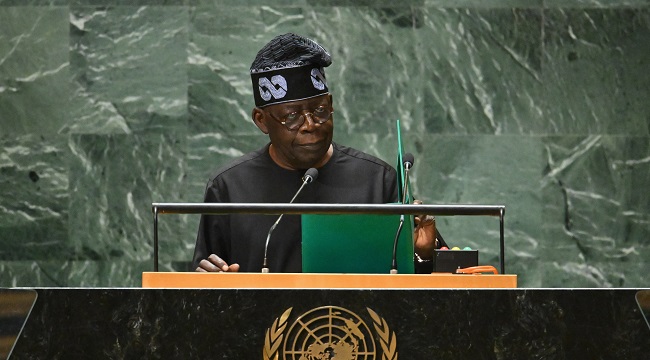The World Bank has acknowledged that Nigeria’s ongoing economic reforms under President Bola Ahmed Tinubu’s administration are beginning to produce positive macroeconomic results — but warned that these gains have not yet translated into better living conditions for most Nigerians.
Mathew Verghis, Country Director for World Bank Nigeria, made this known on Wednesday during the launch of the Nigeria Development Update (NDU) report in Abuja.
Verghis commended the Federal Government for implementing what he described as bold and necessary reforms, particularly the removal of petrol subsidies and the unification of exchange rates. He noted that these steps have started to stabilize the economy and lay a stronger foundation for long-term growth.

“Over the last two years, Nigeria has implemented major reforms around the exchange rate and petrol subsidy. These policies have laid the foundation for transforming the country’s economic trajectory for decades to come,” he said.
According to Verghis, the effects of these reforms are now visible in several key economic indicators, including improved revenue performance, stabilising foreign exchange markets, rising reserves, and gradually declining inflation.
“Growth has picked up, revenues have risen, debt indicators are improving, the FX market is stabilising, reserves are rising, and inflation is finally beginning to come down. These are major achievements, and many countries would envy them,” he said.
However, the World Bank official cautioned that macroeconomic stability alone is not enough — stressing that millions of Nigerians have yet to feel the benefits of the reforms in their daily lives.
“Despite these stabilisation gains, many Nigerians are still struggling. In 2025, we estimate that 139 million Nigerians live in poverty. The challenge is clear: how to translate reform gains into better living standards for all,” he added.

The latest NDU report — titled “From Policy to People: Bringing the Reform Gains Home” — outlines a three-point agenda for consolidating Nigeria’s economic progress:
-
Reducing inflation, especially food inflation.
-
Improving the efficiency of public spending.
-
Expanding social safety nets to protect vulnerable citizens.
Verghis stressed that addressing food inflation is particularly crucial to maintaining public confidence in the government’s reform agenda.
“Food inflation affects everyone but hits the poor the hardest. It also threatens to undermine political support for reforms. Tight monetary policy is essential, but it must be complemented by structural measures that tackle supply and market bottlenecks,” he explained.
He also called for better public resource management and stronger welfare programmes to cushion economic shocks and foster inclusive growth.
“These are not abstract ideas — they are practical steps that can turn macro-stability into improved livelihoods,” Verghis said.
The World Bank reaffirmed its commitment to supporting Nigeria’s reform efforts through policy advice, technical assistance, and financial support aimed at achieving sustainable development and shared prosperity.
“Our focus is to ensure that the benefits of reform reach every Nigerian household,” Verghis concluded.




